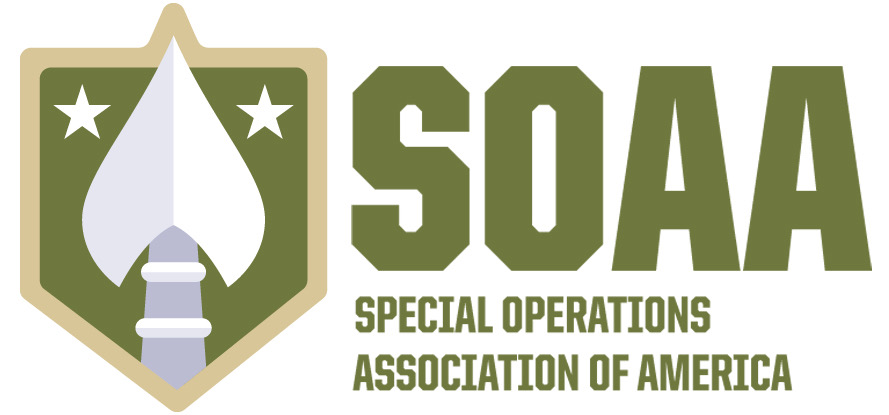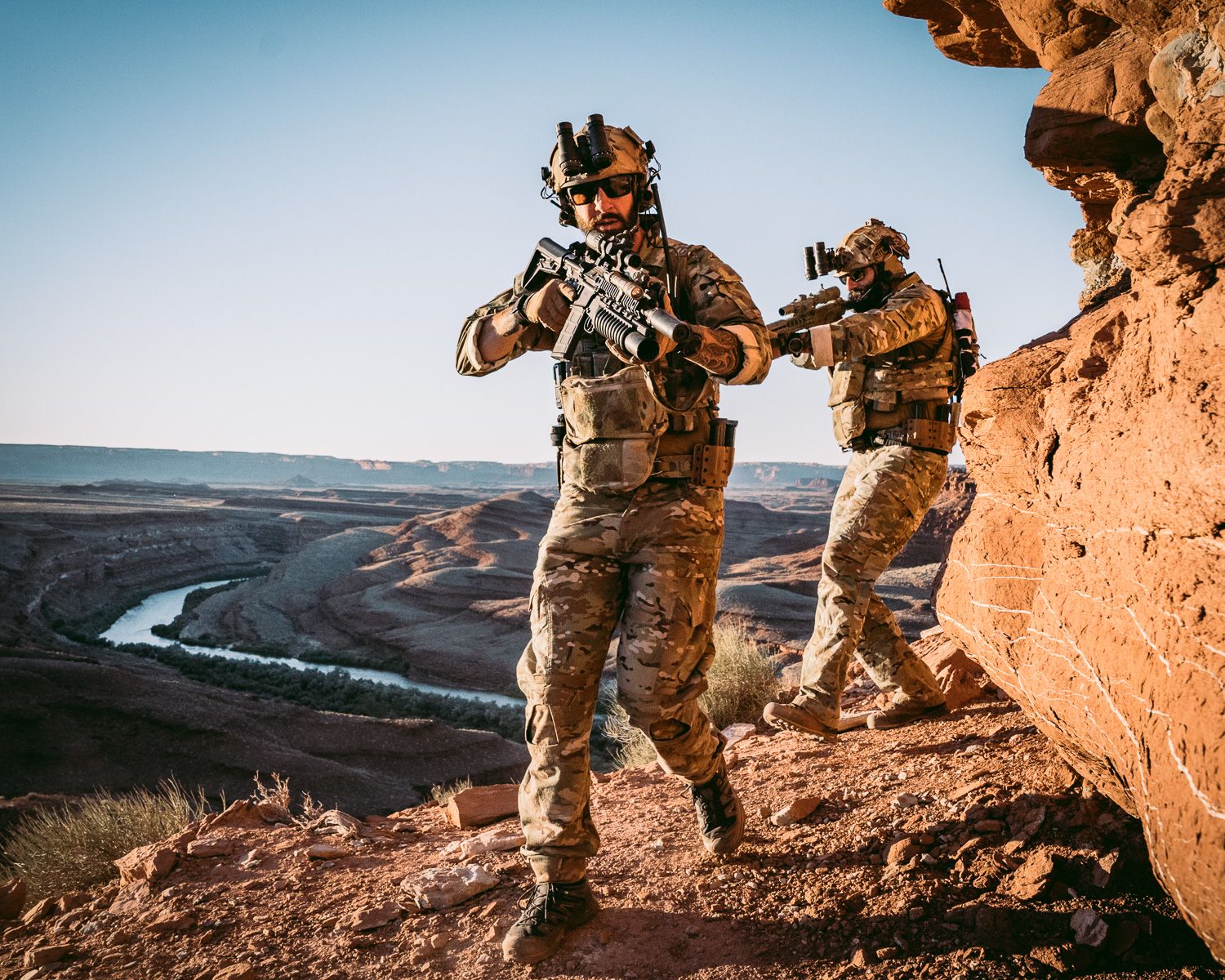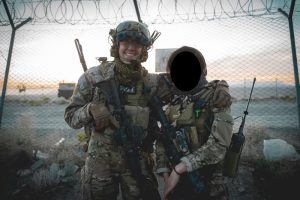Foreign Internal Defense (FID) missions provide the U.S. with a low-cost, high-impact preventative measure to conventional conflict by enabling Host Nations (HN) to conduct unilateral operations. FID is outlined by the U.S. Special Operations Command (USSOCOM) as, “Activities that support an HN’s [Host Nation] internal defense and development (IDAD) strategy and program designed to protect against subversion, lawlessness, insurgency, terrorism, and other threats to their internal security, stability, and legitimacy.”
Early and often engagement with allies through FID missions will serve as a deterrent for adversary action. FID missions vary significantly and can include funding, military training, accompaniment on missions, or intelligence sharing with an ally. Regardless of the execution of the FID mission, FID strengthens U.S. allies, relations, and interests. FID allows the U.S. to enable HNs to defend themselves with little impact on the U.S. homeland. Enabling allies advances U.S. interests, bolsters allies’ capabilities, and limits adversary success. Regardless of the United States’ political will for conflict, adversaries continue to make advances against the U.S. and its allies. Persistent U.S. engagement and preparation with allies is paramount to curbing adversary Nation-State objectives while avoiding direct conflict. Special Operations Forces’ ability to maintain persistent engagement and foster relationships with foreign allies relies on consistent Congressional funding. Our adversaries pay attention to defense budgets and are willing to fill any voids of power the United States or our allies are willing to neglect. That results in a degraded ability to exercise influence and leverage with allies when it matters most.
A holistic approach to FID can be seen in Ukraine. Initial estimates of Ukraine’s ability to defend itself from the unjust invasion by Russia have been proven incorrect. U.S. and allies’ contribution to Ukraine, including funding, training, and equipment, contributed heavily to maintaining Ukraine’s sovereignty and slowed Russia’s invasion. Before February 2022, U.S. and Western partners deployed personnel and equipment to train the Ukrainian military and ultimately bolster Ukraine’s capabilities. Following the invasion, the U.S. has committed approximately $175 billion, as of this writing, in aid to Ukraine and trained approximately 19,000 Ukrainian troops in Europe to improve Ukrainian capability to act unilaterally against Russian forces. The U.S. and Ukrainian allies must continue support through financial, political, and military means to deny Russian objectives.
Within Africa, U.S. troops train with Somali troops to curtail al Shabaab’s efforts to establish a caliphate within Eastern Africa. By taking advantage of poor infrastructure and conflict within Somalia, al Shabaab gained decisive control over a significant portion of Southern Somalia. Without U.S. training, the Somali National Army would be ineffective against the well-funded al Qaeda affiliate. Without U.S. intervention, al Shabaab would be far more capable of launching attacks against international targets, including the U.S. homeland. To avoid a complete takeover by a terrorist organization, as seen in Afghanistan, the Somali forces must continue to receive support from international allies.
China has witnessed the global response to Russia’s invasion of Ukraine and has taken note of the amount of funding, aid, and resources Ukraine has received. U.S. engagement with Taiwan through funding, training, and equipping of Taiwan’s defense is critical in deterring Chinese aggression towards our ally. Continued funding and aid to Taiwan are imperative to U.S. interests. The U.S. must work closely with Taiwan while eliminating bureaucratic hurdles to supply Taiwan with the weapons and training to deter China from an attempt to take the island nation.
In sensitive political environments, FID’s value proposition is clear. To achieve the exceptional results expected of SOF, policymakers must employ special emphasis to FID missions when appropriating and authorizing Defense funds. This funding will enable the expansion of current operations, training, and capabilities while enabling U.S. allies. FID missions across the globe deter adversary actions while maintaining a limited U.S. footprint.





